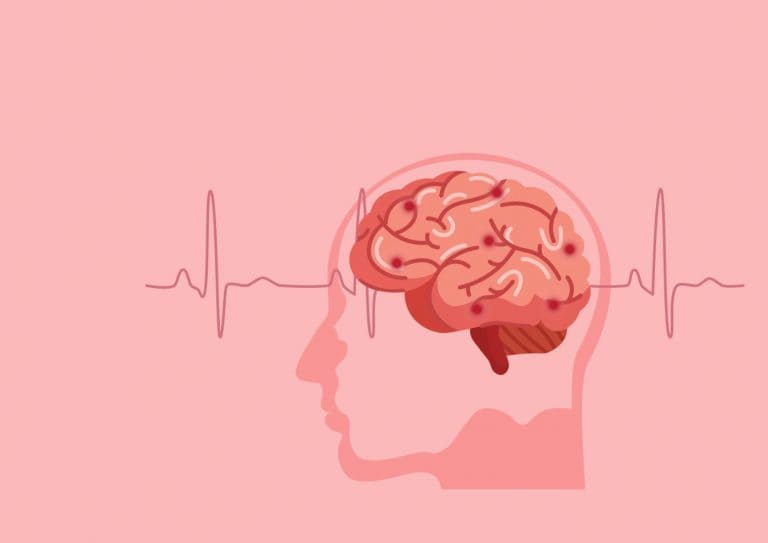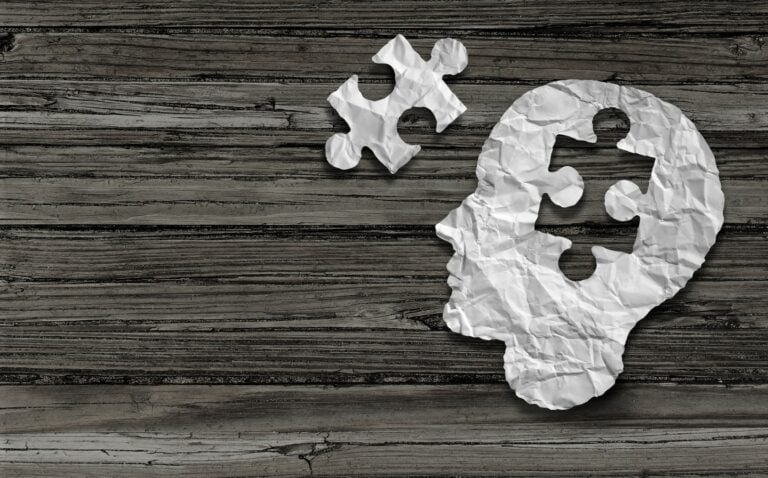What is cerebral palsy?
Cerebral palsy is a lifelong neurological condition that affects co-ordination and how the brain controls the muscles. Around one in 400 children are born with cerebral palsy in the UK.
Children suffering with the condition will often find it difficult to move and control certain muscles. The severity of the condition and its impact on a child’s physical and mental abilities will depend on the individual, as each case is different.
In general, the condition can cause children to suffer from weak and stiff muscles, experience seizures or fits and even have trouble swallowing.
What are the causes?
The condition occurs due to brain injury or brain malformation when the organ is developing. This can be caused by:
- Infection at birth – the mother may contract an infection while pregnant or in labour which, if untreated, can spread to the baby in the womb
- Lack of oxygen at birth – if it goes unnoticed by hospital staff that the baby is distressed during labour, there may be a delay in delivering the baby and in the meantime, the baby may be starved of oxygen
- Genetic abnormality – in very few cases, cerebral palsy can be genetic
Cerebral palsy can also occur in premature babies, particularly those born before 28 weeks and where there is more than one baby i.e in twins, triplets etc.
If your child has cerebral palsy and you think you received poor medical treatment surrounding the birth of your child, contact us now for more information. You can also read our claims page for more information.
What are the symptoms?
Symptoms, and the level of their impact, differ from child to child, and in how they affect different parts of the body. They include:
- Muscle weakness or stiffness
- Random and uncontrolled body movements
- Balance and co-ordination problems
- Seizures or fits
- Swallowing difficulties
There are, four main types of cerebral palsy: spastic, dyskinetic, ataxic, and also mixture of these.
Cerebral Palsy can sometimes be detected if an infant has feeding problems or seems floppy. But often, where the condition is more mild, it is diagnosed as the child grows and it becomes clear he or she is struggling to develop at the same rate as other children. For example, it may become clear your child is suffering from the condition if they fail to meet particular developmental milestones.
However, the condition is not progressive and so will not worsen as the child ages. Recent research indicates that, in milder cases, many children with cerebral palsy have a similar life expectancy to non-disabled people.
Learning difficulties
In some cases, children with cerebral palsy may have learning difficulties, such as Autistic Spectrum Disorder , which affects social interaction, communication, interests and behaviour. In these cases, some parents start to ask questions when their children struggle to make progress in line with their peers at school.
If you think your child has cerebral palsy due to medical negligence, Bolt Burdon Kemp may be able to help with a claim for cerebral palsy compensation. Our team of specialists are approved by the Child Brain Injury trust.
What to do if your child is displaying symptoms of cerebral palsy
If you are concerned about your child’s development, you should see your GP as soon as you can, and you may then be referred to a paediatrician. They will ask you for a detailed history of your child’s development.
They will also check your child’s reflexes, muscle tone and posture. Your child may then have to undergo tests, such as MRI or CT scans, to rule out other conditions that can present with similar symptoms, such as muscular dystrophy, an inherited condition that gradually causes the muscles to weaken.
Although some cases of cerebral palsy can be diagnosed immediately after birth, other cases can take longer to determine, resulting in months or a few years of screening.
How can cerebral palsy be treated?
There is currently no cure for cerebral palsy. If your child suffers from the condition, it can be a painful and frustrating illness for them and for you. Naturally, you will want to give your child everything you can to help them develop and thrive, despite the condition.
Due to the nature of the condition, children with cerebral palsy have complex needs which vary according to the individual, but most children will need a combination or all of the following: specialist care, therapy and treatment.
Medication may be offered to manage your child’s symptoms. This could include:
- Anticholinergics to manage uncontrolled body movements
- Anticonvulsants to manage seizures
- Anti-spastic medication to relax the muscles
- Anti-inflammatories to manage pain
- Stool softeners and medication to address digestive problems
- Antidepressants
It is important that any medication given is carefully monitored so that if needs be, the dosage can be adjusted. Every child is different and children can build up a tolerance to medication. Also, the short-term benefits of giving a child a particular medication need to be weighed up against the potential long-term side effects.
Many therapies are effective at managing the symptoms of cerebral palsy including:
- Physiotherapy to relieve muscle stiffness and spasms
- Speech and language therapy
- Surgery and botox
- Occupational therapy to help with everyday activities such as washing or dressing and to teach your child to be as independent in these kinds of tasks as possible
- Educational psychology, with a focus on devising specialist support plans to help children with cerebral palsy to access learning and maximise their potential
- An orthotist who specialises in use of devices to correct muscle weaknesses
Special equipment, such as wheelchairs, stair lifts and communication devices, will also be necessary to ensure your child can lead an active and fulfilling life. This can mean that the home may need to be adapted to suit their needs, especially if they have problems walking and standing.
Can I claim for cerebral palsy compensation?
If your child has cerebral palsy, or you recognise some of the symptoms listed above in your child’s development, our specialist solicitors at Bolt Burdon Kemp may be able to help you with a cerebral palsy compensation claim.
We can assess the medical treatment you received while you were pregnant and at birth and find out if medical negligence was to blame for your child’s condition.
Our specialist cerebral palsy solicitors, who are approved by the Child Brain Injury trust, will review your antenatal, labour and medical records and speak to medical experts to assess whether or not the treatment you received was acceptable or substandard.
If it was substandard then we will speak to medical experts to find out whether inadequate medical treatment was to blame for your child’s cerebral palsy.
And we work closely with brain injury case managers who will ensure your child’s care and therapy package is tailored to meet their individual needs.
















